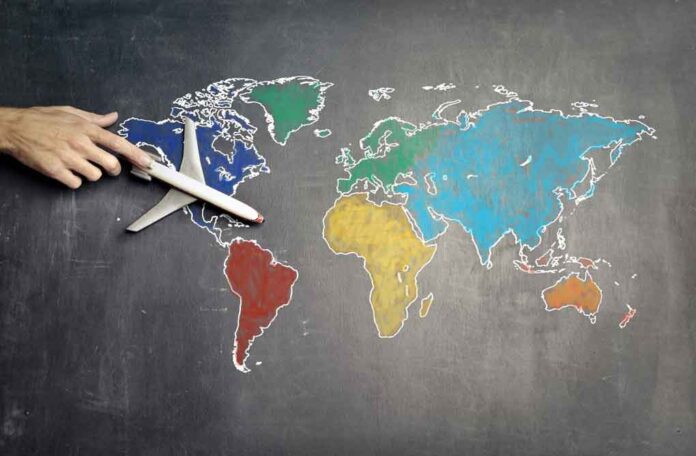
2024 is bringing about a new era of digitisation. The increased need for digital content, when combined with the importance of customer interaction is making localisation more important than ever. Consumers want to feel as though they are relating to the content they’re seeing as if it was written specifically for them. Businesses are now operating in a global landscape, and as such, are ready to take on new markets. This is the key to rapid expansion and growth. A general global approach however is not enough to see sustainable results. Localising content, so that it reaches the hearts and the minds of a potential audience is key, as consumers are more likely to purchase if they feel as though it is in their native language.
Why is Localisation Important?
Localisation, within the digital market specifically, is integral to business success. One of the most common mistakes businesses make is translating words verbatim. Sometimes, this results in the right meaning being expressed, but it’s also easy for the translated text to become lost in the shuffle. Take Parker Pen for example. When they expanded their digital presence to Mexico, they mistranslated “it won’t leak in your pocket and embarrass you” to “it won’t leak in your pocket and make you pregnant”.

Source: Pexels
It’s important to take note of idioms too, as what makes sense in one country, won’t in another. The casino sector is a prime example of this. Different terms are used worldwide, to describe different types of games. If you gamble at an online Ontario casino in Canada or an online UK casino, you’d expect to see slot machine games. In New Zealand however, you’d see them advertised as pokies. In the US, you might see one-armed bandits. Even though they all encompass the same thing, the names are very different, to the point where if you don’t localise the terms correctly, a great deal of confusion can arise.
Expanding into New Markets
Expanding into a new market is easier said than done. Localisation is about more than translating your content into a different language. It ensures that any content a consumer reads, that relates to your product, is accurately translated. The more brands evolve, the more they learn how to hyper-segment customer groups, based on their demographic. You may begin by using international Spanish, but depending on the demographic, you may have to delve into Argentina vs. Mexico. Tone is also important, and businesses need to start small and work with a fully-fledged framework so that they can appeal to the right audience.
Online, this is more important than ever, as SEO is influenced based on searched terms. If a company doesn’t adopt the right term for a product, or service, then this can result in a low ranking. This comes down to a lack of local understanding, but with a bit of work and a lot of research, businesses can avoid frustration as well as connect with their customer base on a higher level. This can translate to more profit, happier customers and a reputational boost.






